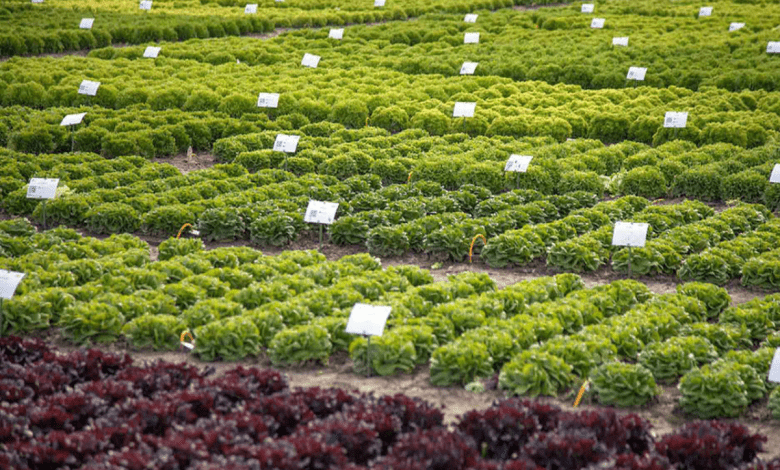Farm of the Future: Sustainable Agriculture in the Netherlands

The Farm of the Future at Wageningen University in the Netherlands isn’t just a vision; it’s a living, breathing testament to sustainable agriculture. Amidst the picturesque backdrop of windmills and expansive fields, this initiative is pioneering methods that promise to feed the world’s growing population while safeguarding the planet.
In a departure from traditional monoculture, the Farm of the Future practices crop diversity. Here, eight different crops, including wheat, onions, potatoes, and broad beans, flourish side by side. This approach is not just about variety; it’s about efficiency. It conserves water, reduces pest risk, enhances biodiversity, nurtures the soil, and delivers higher yields.
The Global Challenge: Feeding 10 Billion
With the world’s population projected to reach nearly 10 billion by 2050, the need for sustainable agriculture has never been greater. Wageningen University recognized this challenge and embarked on the Farm of the Future project four years ago. Their goal? To design a high-yield, low-environmental-impact farming system resilient to climate change.
As the world’s second-largest exporter of agricultural goods, the Netherlands faces considerable environmental pressure. To address this, the Farm of the Future team is dedicated to sustainable production. Their focus is on regenerating soil health and biodiversity in a world where uniform, large-scale agriculture is eroding the land.
Innovative Solutions for Dry Weather
Innovative solutions are at the heart of sustainable farming. The Farm of the Future employs a drainage system that collects excess water and stores it underground, ensuring that dry seasons don’t harm crops. Perennial flower strips provide food and shelter for insects, promoting biodiversity and ecological balance.
Technology plays a pivotal role in sustainable farming. Precision farming, including GPS technology, soil scanning, and data infrastructure, empowers farmers to make informed decisions. Variable rate irrigation, weather stations, and disease management systems optimize resource use and crop protection.
Farmers are embracing data and artificial intelligence (AI) to adapt to climate change. AI-driven solutions offer predictive insights, allowing farmers to act proactively. The farm of the future is not just about production quantity; it’s about achieving quality while minimizing ecological footprints.
The Sustainability Challenge
While technology aids efficiency, sustainability remains a challenge. Critics argue that excessive tech use can harm the environment. Sustainable farming calls for a balance between tech, energy reduction, and labor. The future demands reduced ecological impact combined with technology and human expertise.
Farmers worldwide are recognizing the need for adaptability in the face of climate change. Efficient production with a reduced ecological footprint is the way forward. Feeding the global population is a vital task, and farmers, like those at the Farm of the Future, are committed to this crucial mission.
Also Read: Climate Change Threatens Sicily’s Wine Industry
In the heart of the Netherlands, the Farm of the Future showcases a vision of sustainable agriculture that is not only efficient but also ecologically responsible. As the world looks to feed a growing population, innovative farming practices offer a path to a sustainable and secure future.
